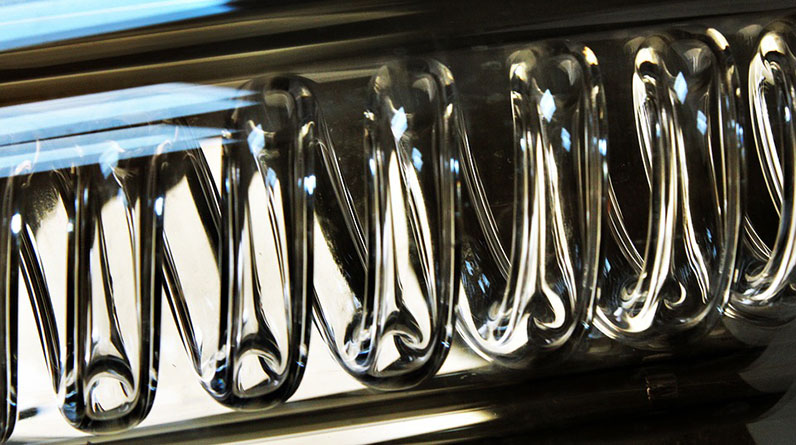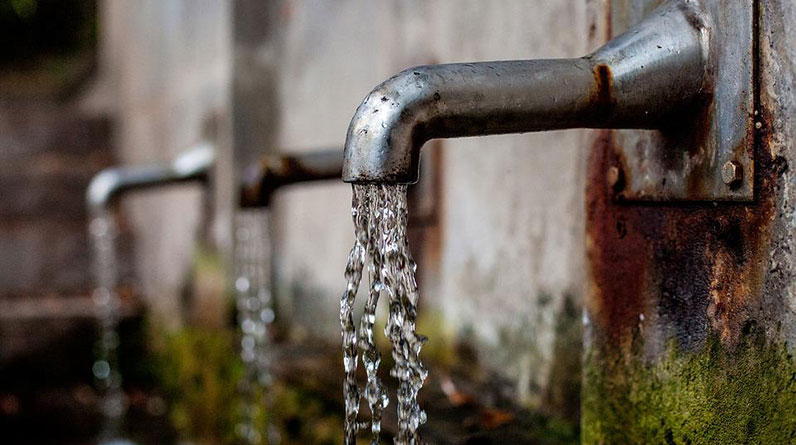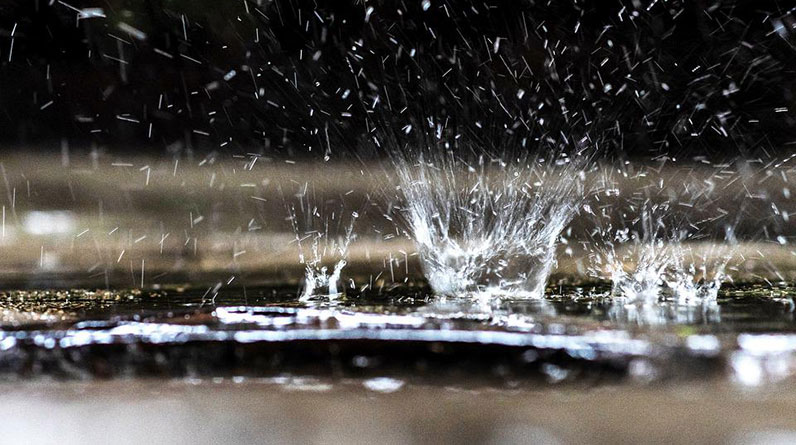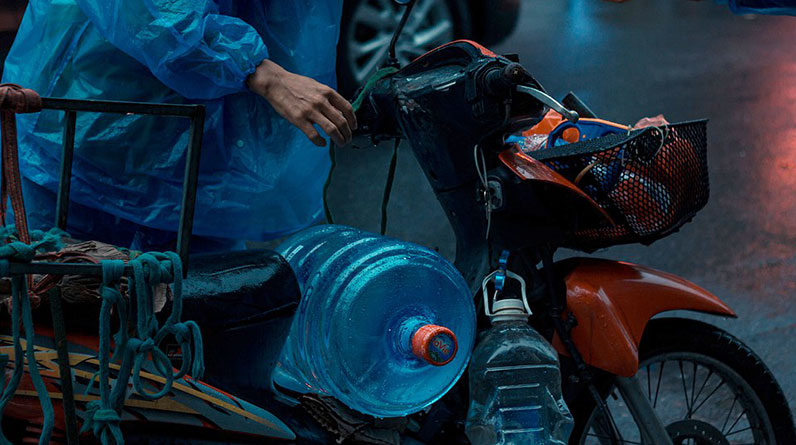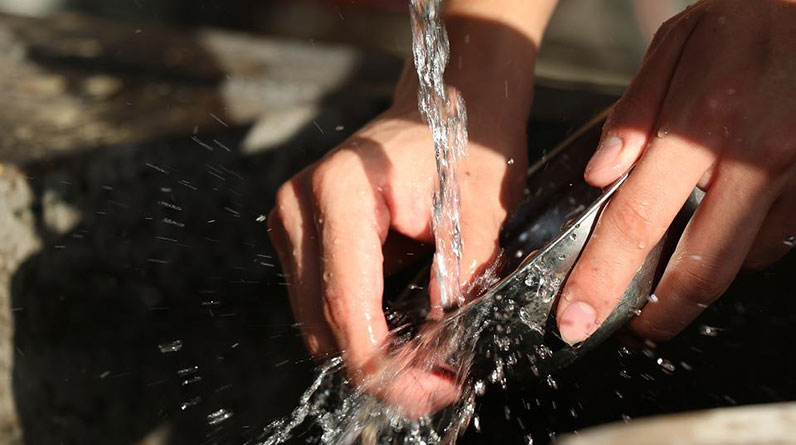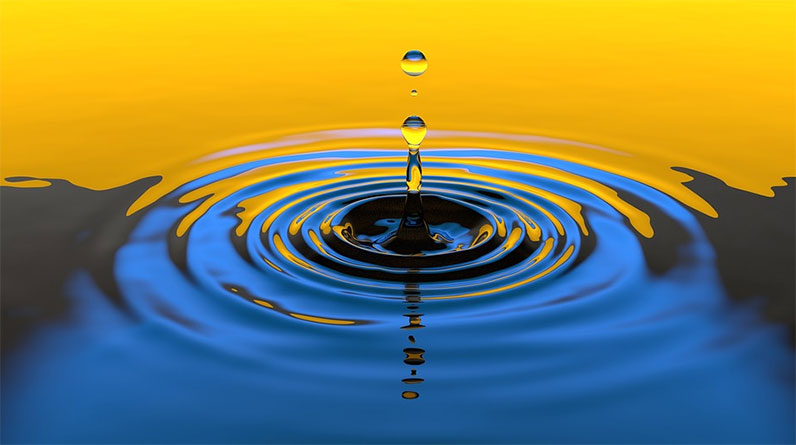
The Importance of Water in Emergency Situations
When disaster strikes, you have to act fast. The ability to think clearly and prioritize quickly is key in these life-threatening situations.
Having an emergency plan in place can help reduce the stress of these scenarios and make it easier to respond appropriately. But with so many potential threats out there, how do you know which ones are most likely in your area?
What are the essential things that you need to prepare for? And what precisely should be on that list if you want to increase your chances of surviving any given crisis?
That answer comes down to one simple word: water. In nearly every major emergency situation, clean water is top of the list as being something we can’t live without for more than three days.
Virtually every crisis poses a threat to our water supply in some way or another, but there are certain ones that pose serious risks. Here’s why water is so important when preparing for any kind of emergency, and how you can get started on building your own survival kit today:
Why Is Water So Important in Emergency Situations?
First and foremost, it’s critical to understand how water impacts our health and well-being at all times – not just in a crisis. Our bodies are made up of around 60% water, which is essential for almost every function that takes place within our anatomy.
As a general rule, around half of that is inside our cells, while the rest is found outside in our blood and organs. In terms of emergency preparedness, water is also the most important resource when it comes to survival.
If a crisis occurs, you may need to cut back on food intake in order to conserve other supplies like medication and fuel. Without water, though, you’ll only last about three days. Our bodies can’t function properly without it, and after only three days without hydration, you’ll start feeling the effects.
Major Emergencies and Their Impact on Water Supply
While water is the most important resource in almost every emergency, each scenario poses its own unique challenge. Let’s take a look at some of the most common instances when water may be in short supply:
Wildfires – Firefighters often prepare for the worst, but even they are sometimes surprised by how quickly a blaze can grow out of control. A sudden wildfire can be devastating to any area, with winds and extreme temperatures posing a serious risk to human life.
Flooding – Coastal flooding is a serious risk during the hurricane season, but it can also occur in other areas when heavy rainfall causes rivers and lakes to overflow their banks.
Extreme Weather – Severe storms pose a serious risk to water supplies in many areas. Hail can cause serious damage to roofs, and tornadoes often cause a flood of damaging debris.
Pandemics – If there is a major pandemic in your area, you might be forced to stay indoors for a prolonged period of time. This means that you won’t be able to rely on water from the city, and may have to find a way to treat water from your own supply.
Electrical Disasters – Major power outages are frightening enough on their own, but they can also pose a significant threat to water supplies.
Short Term: 3 Days or Less
If you’re only dealing with a short-term water crisis, you’re in luck. Most of the items on this list can be resolved within a couple of days, and they don’t pose too much of a threat to your long-term survival efforts.
Wildfires – If you’re dealing with wildfires, the most important thing to do is to evacuate the area as soon as possible. Water is often used to fight these fires since it’s the most efficient way to extinguish them, but it’s also one of the biggest risks in this scenario. If your area is under a boil water advisory, it’s a good idea to stock up on bottled water as a precautionary measure.
Flooding – When dealing with flooding, the most important thing to do is to stay out of harm’s way. If you live in a low-lying area that is prone to flooding, it’s a good idea to have a bag ready for quick evacuation.
Extreme Weather – If you live in a place that is prone to severe storms, the best thing to do is to always have an emergency kit on hand. This includes plenty of water and other supplies like batteries, a flashlight, and non-perishable food.
Pandemics – If you’re dealing with a pandemic, you may want to consider leaving the area. If that’s not an option, though, there are still plenty of things you can do to protect yourself and minimize risk: – Be sure to clean your hands thoroughly when you come in contact with other people. Stay indoors as much as possible, and make sure to close off any openings in your home. Avoid physical contact with others as much as possible. Avoid sharing drinks and food, and wash your hands thoroughly after handling any items.
Mid-Term: 3 to 7 Days
If you’re dealing with a longer-term water crisis such as a major electrical disaster, you’ll want to be sure to have enough water for drinking and sanitation. You may also want to consider storing some water for hygiene purposes so that you can still bathe and keep clean.
Electrical Disasters – As we mentioned above, electrical disasters can damage water supplies. When this happens, you may want to consider finding an alternate water source. You can also buy water bottles before the disaster strikes, which can help you to have enough to last a few days. You can also use water from your toilet tank to flush your toilet, but make sure to only do this for a few days at most.
Chemical Spills – If there is a chemical spill nearby, you’ll want to exercise caution. The best thing to do is to stay indoors as much as possible, and to make sure to keep all of your windows and doors closed. You should also make sure to have plenty of bottled water on hand for drinking and cleaning purposes.
Long Term: Over 7 Days
If you’re dealing with a major disaster where you may be without water for more than a week, you’re going to need to take extra precautions. You may also want to be sure to have enough water to share with others, since you never know who may need some.
Water Rationing – If you’re dealing with a major disaster, you’ll want to ration your water carefully. You’ll want to make sure to save some water for sanitation purposes, and you’ll also want to keep some on hand in case of an emergency.
Finding Alternate Sources – If you’re dealing with a long-term water crisis, you may want to consider storing water in advance. You can find water in your home, but you’ll want to make sure not to waste it: Water from your toilet tank is not suitable for drinking, but it can be used for flushing. Roof water can be used for cleaning, but it’s important not to drink it. You can also collect water from plants, rain barrels, and streams.
Conclusion
When disaster strikes, it’s important to remember that there are few things we need more than water. If a threat to your water supply presents itself, it’s essential that you know how to react quickly and efficiently. With the right supplies and preparations in place, you can significantly improve your chances of surviving any given situation. With the right plan in place, you can make sure that you and your family are always prepared for any scenario they may face.

